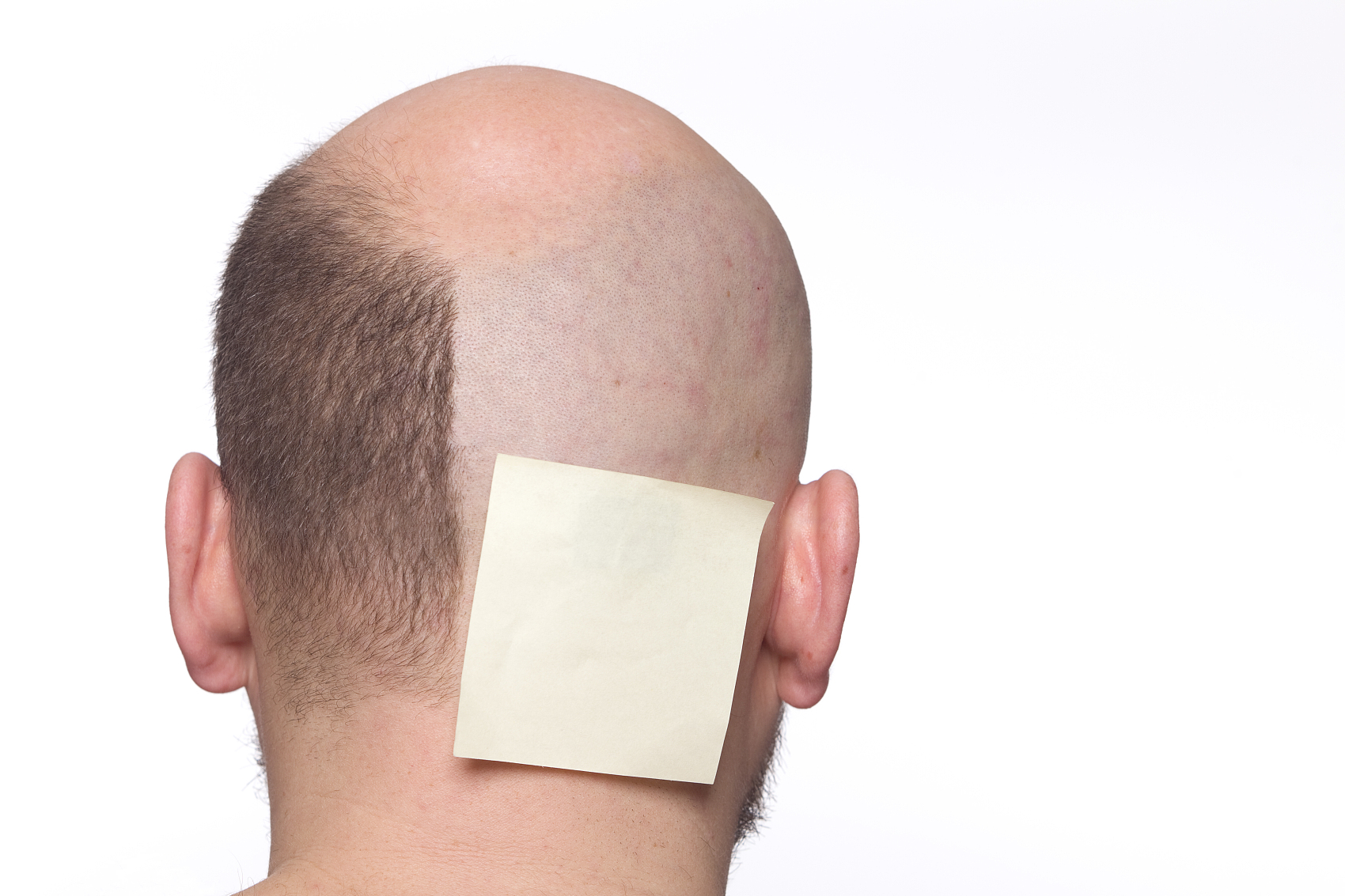Understanding Depression and How to Cope with It
Depression isn’t just about feeling down—it’s a real mental health condition that can impact every part of your life. It’s important to understand that experiencing depression doesn’t mean you’re weak, and with the right treatment, you can feel better.
There are different forms of depression, but they all share similar symptoms. These include feeling sad or hopeless, losing interest in things you once enjoyed, changes in appetite or weight, trouble sleeping (or sleeping too much), feeling drained or low-energy, overwhelming guilt or worthlessness, and even thoughts of suicide. The earlier you recognize these signs, the sooner you can get help and start feeling better.
If you think you might be experiencing depression, don’t hesitate to reach out for help. Talk to your doctor about your symptoms and ask for a referral to a mental health professional. Depression is treatable, so it’s important to seek help as soon as you can.
In addition to professional help, there are some things you can do on your own to help manage depression. Regular exercise, a balanced diet, good sleep habits, and relaxation techniques like yoga or meditation can make a real difference. It’s also key to avoid alcohol and drugs, as they can make depression worse.
7 Simple Ways to Ease Your Mind When You’re Feeling Depressed
Now that we understand what depression is, let’s talk about some simple things you can do to help yourself feel a little better.
- Talk to Someone
It can be hard to open up, but sharing your thoughts and feelings is a powerful way to lighten the emotional load. Whether it’s with friends, family, or a therapist, talking about what’s going on can help you feel more in control. - Get Moving
Exercise isn’t just good for your body—it’s great for your mood too. Even just a moderate workout a few times a week can help boost your energy and make you feel better. - Eat Well
What you eat has a big impact on how you feel. Healthy foods give you more energy and help you think more clearly. On the other hand, junk food can leave you feeling sluggish and foggy-headed. Cooking your own meals can also give you a sense of accomplishment, which is important when you’re struggling. - Sleep Well
Never underestimate the power of a good night’s sleep. Being well-rested helps you think more clearly and make better choices. Try to set a regular sleep routine and avoid anything that might interfere with your rest. - Take Breaks
Taking time out for yourself is crucial, especially when life feels overwhelming. Whether it’s reading a book, taking a short walk, or going on a weekend trip, stepping away from stress helps you recharge and return to your tasks with fresh energy. - Practice Self-Care
Self-care is more than just a buzzword—it’s about taking the time to care for yourself, both physically and emotionally. This might mean taking a relaxing bath, doing some yoga, meditating, spending time outdoors, or simply enjoying some quiet time on your own. When you take care of yourself, you’re reminding yourself that you’re worth it. - Ask for Help
If you feel like the weight of depression is too much to carry on your own, don’t be afraid to reach out for professional support. A therapist can offer tools and strategies to help you manage your depression and guide you toward a healthier life.
While these small steps might not make everything feel better right away, they can help you manage your depression until you’re ready to get the help you need. Even little moments of happiness—like reading a good book, talking with a friend, or going for a walk—can make a world of difference when you’re struggling.
Remember, if you or someone you know is dealing with depression, you don’t have to go through it alone. There are people who care and resources available to help. Reaching out is the first step toward healing. You’ve got this. 💙








